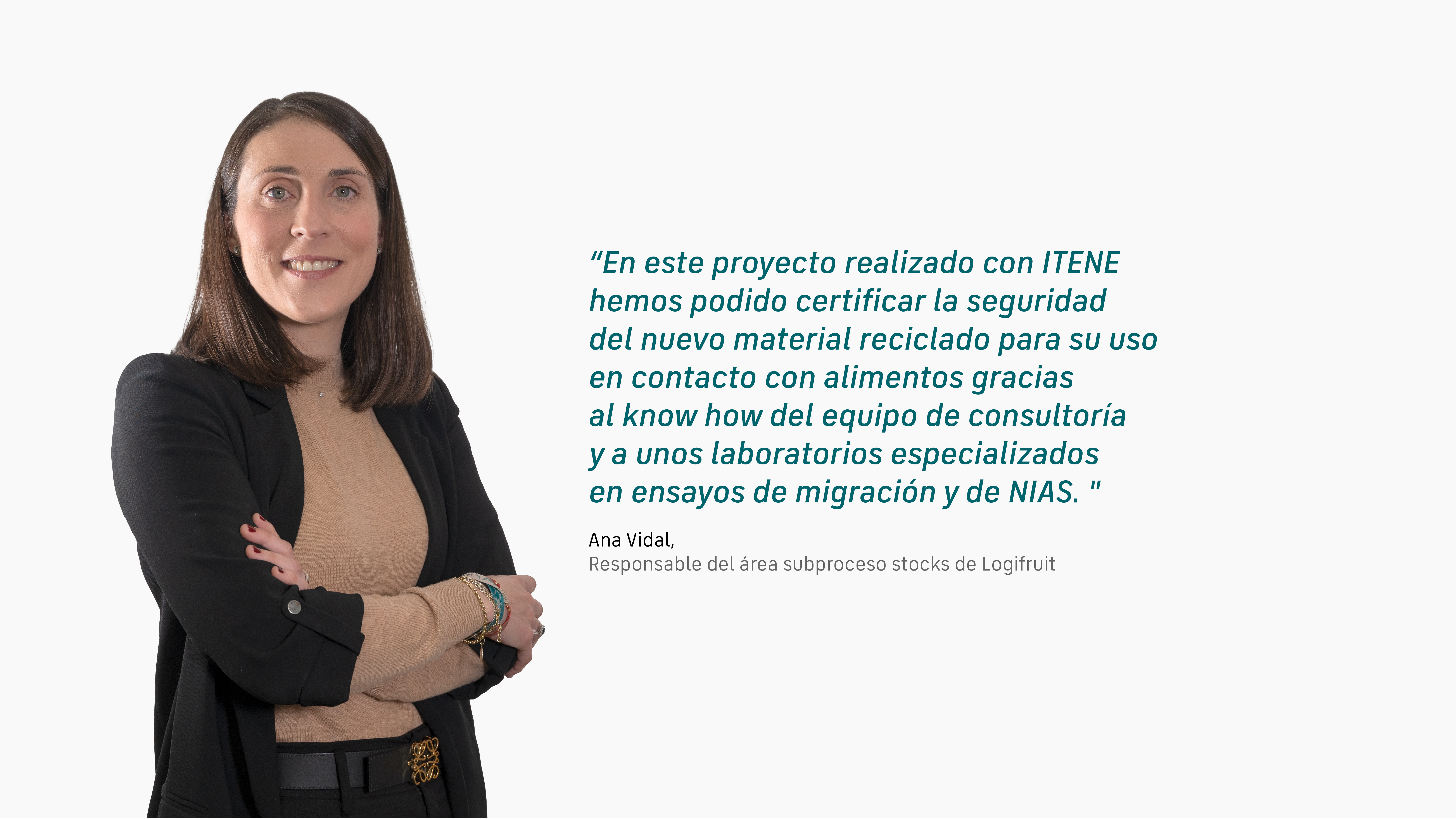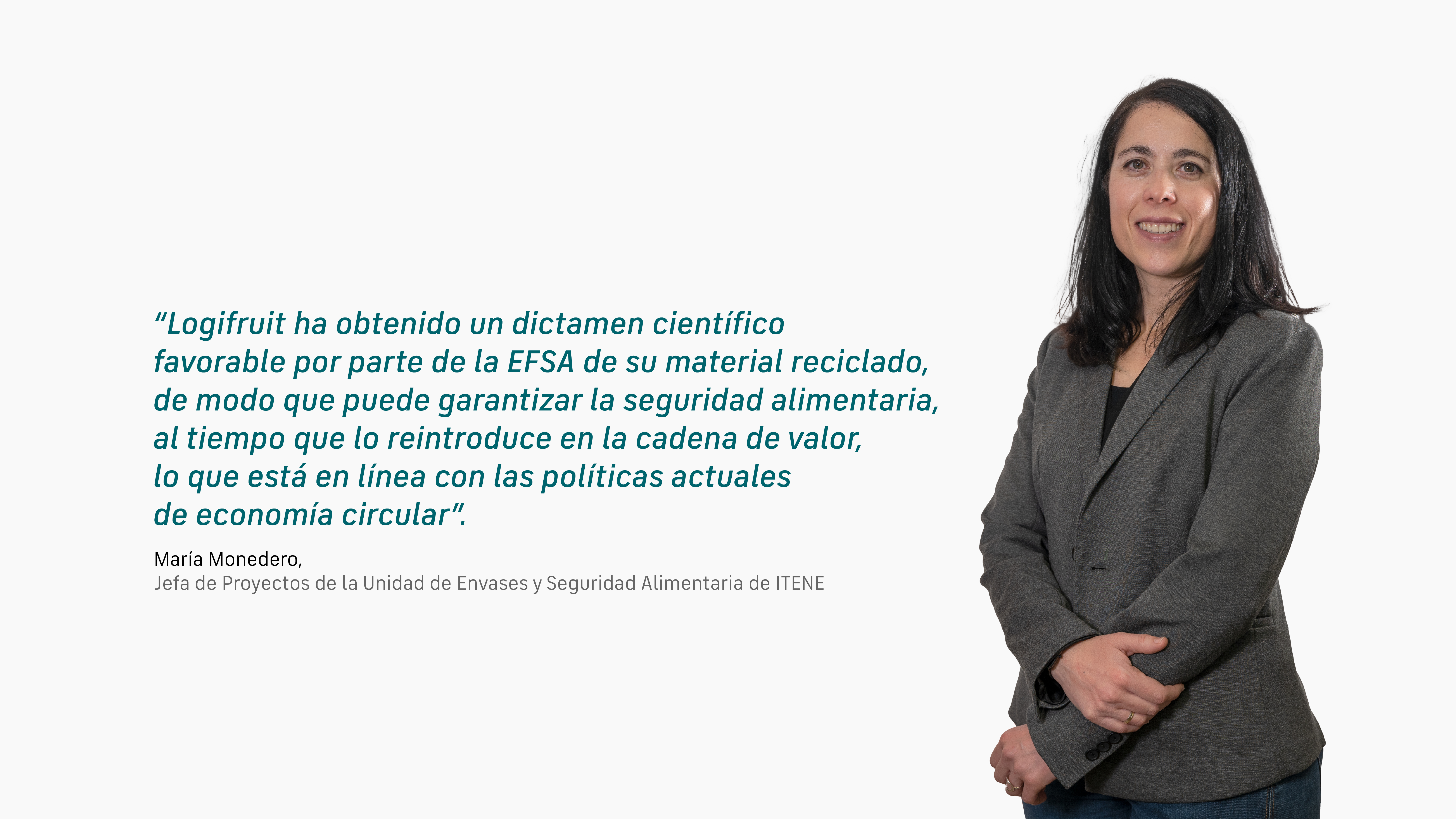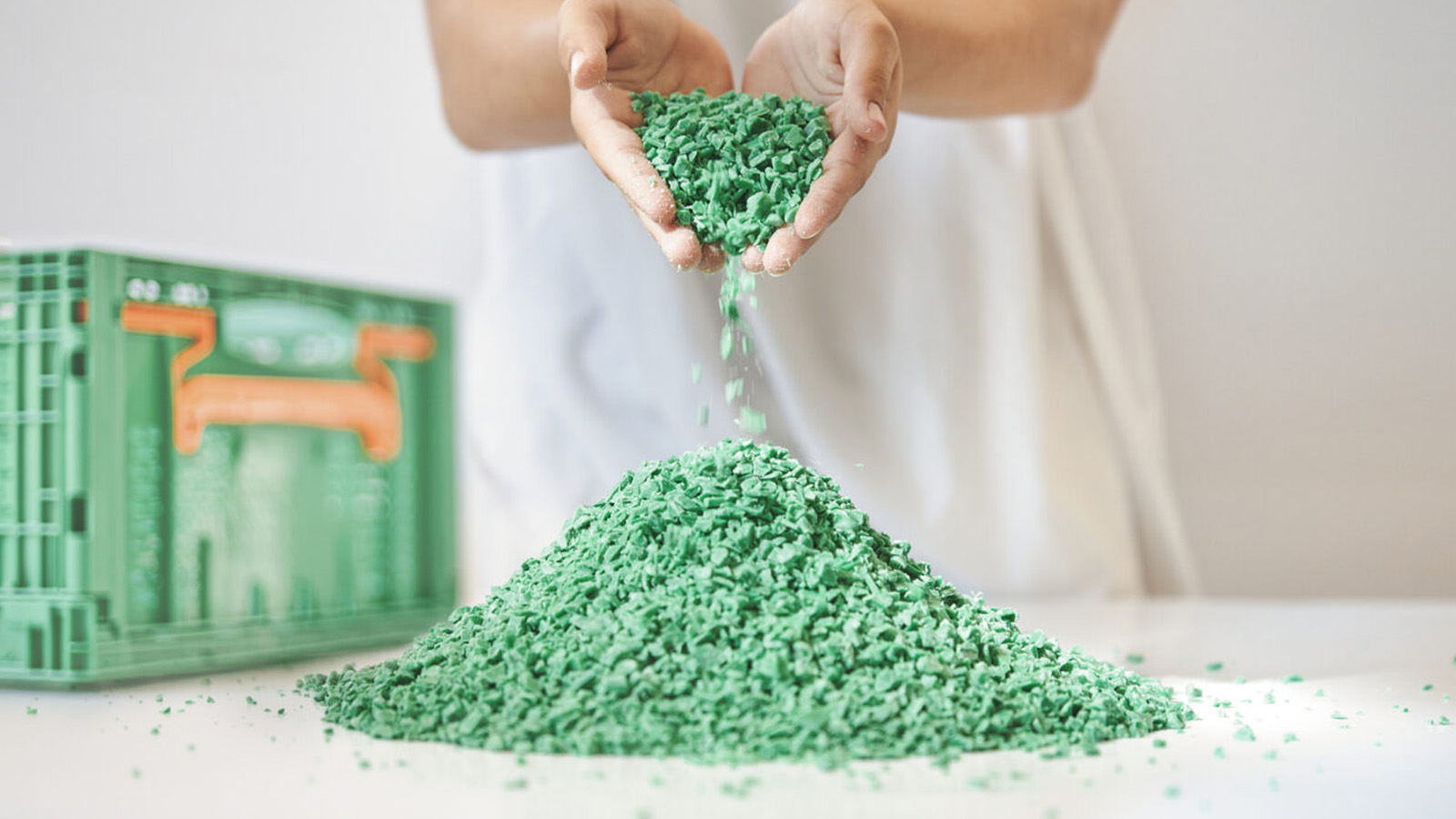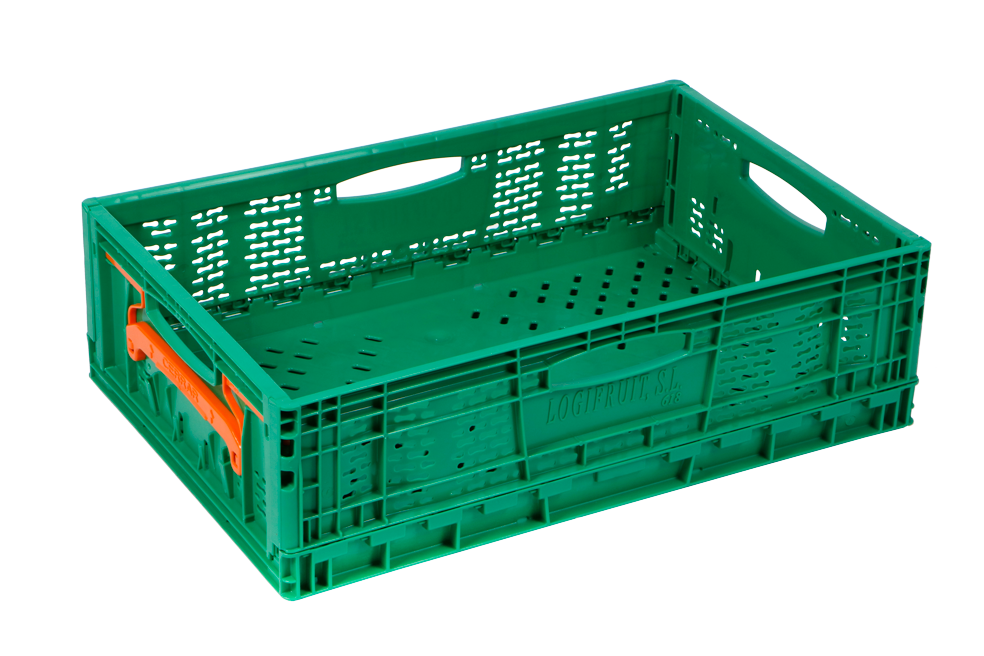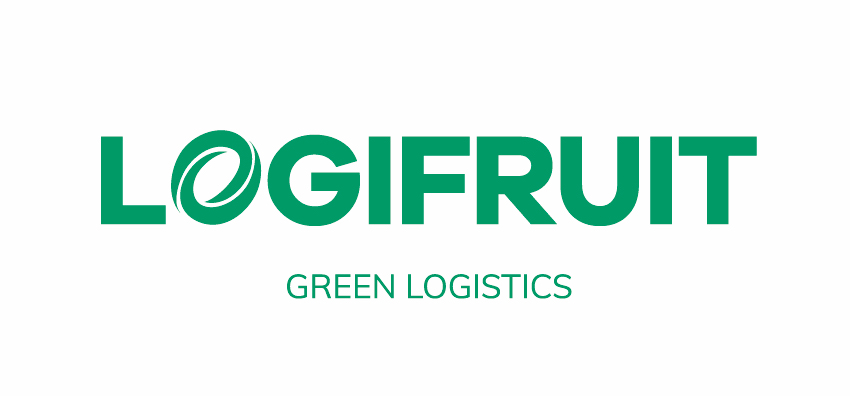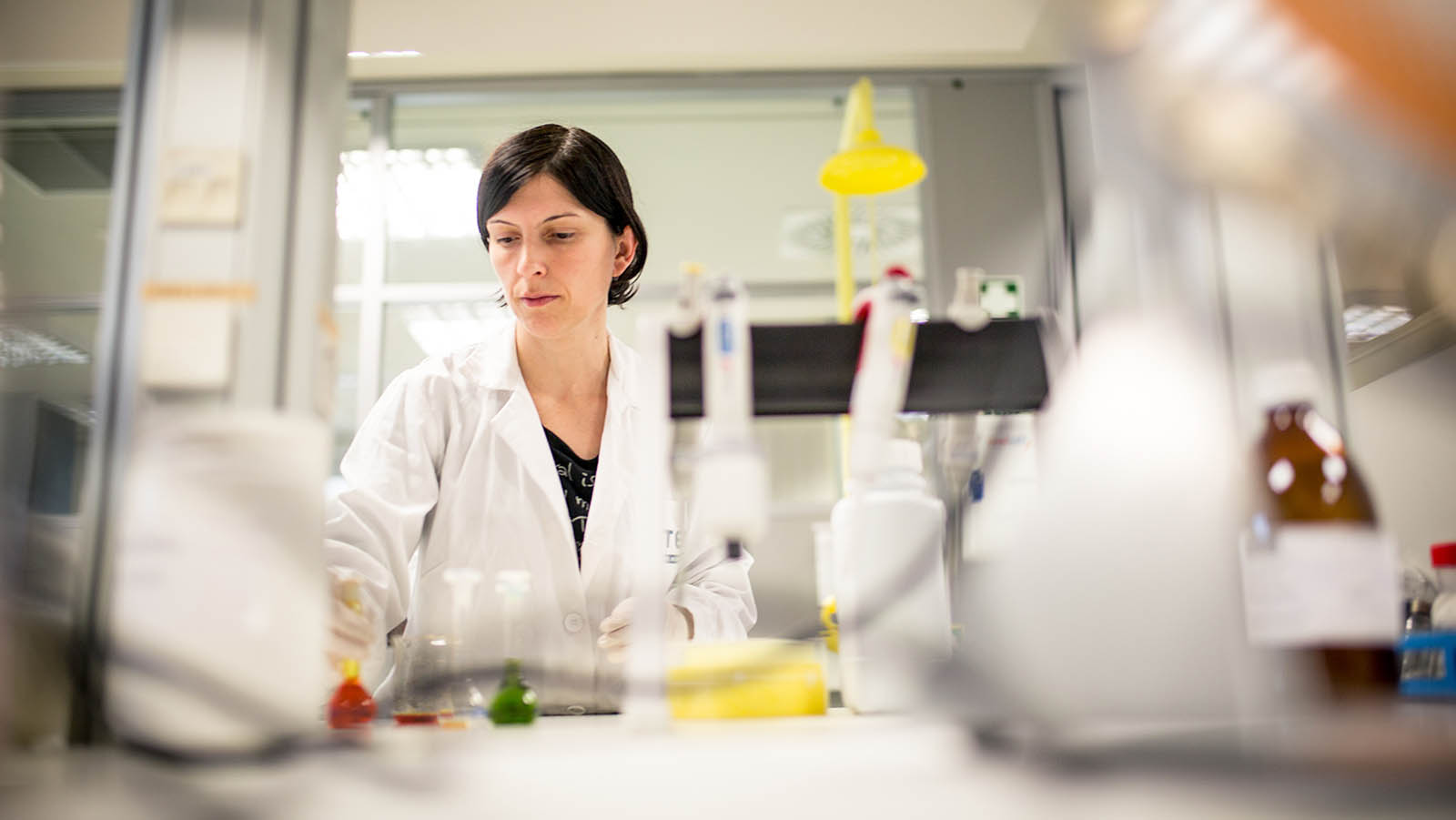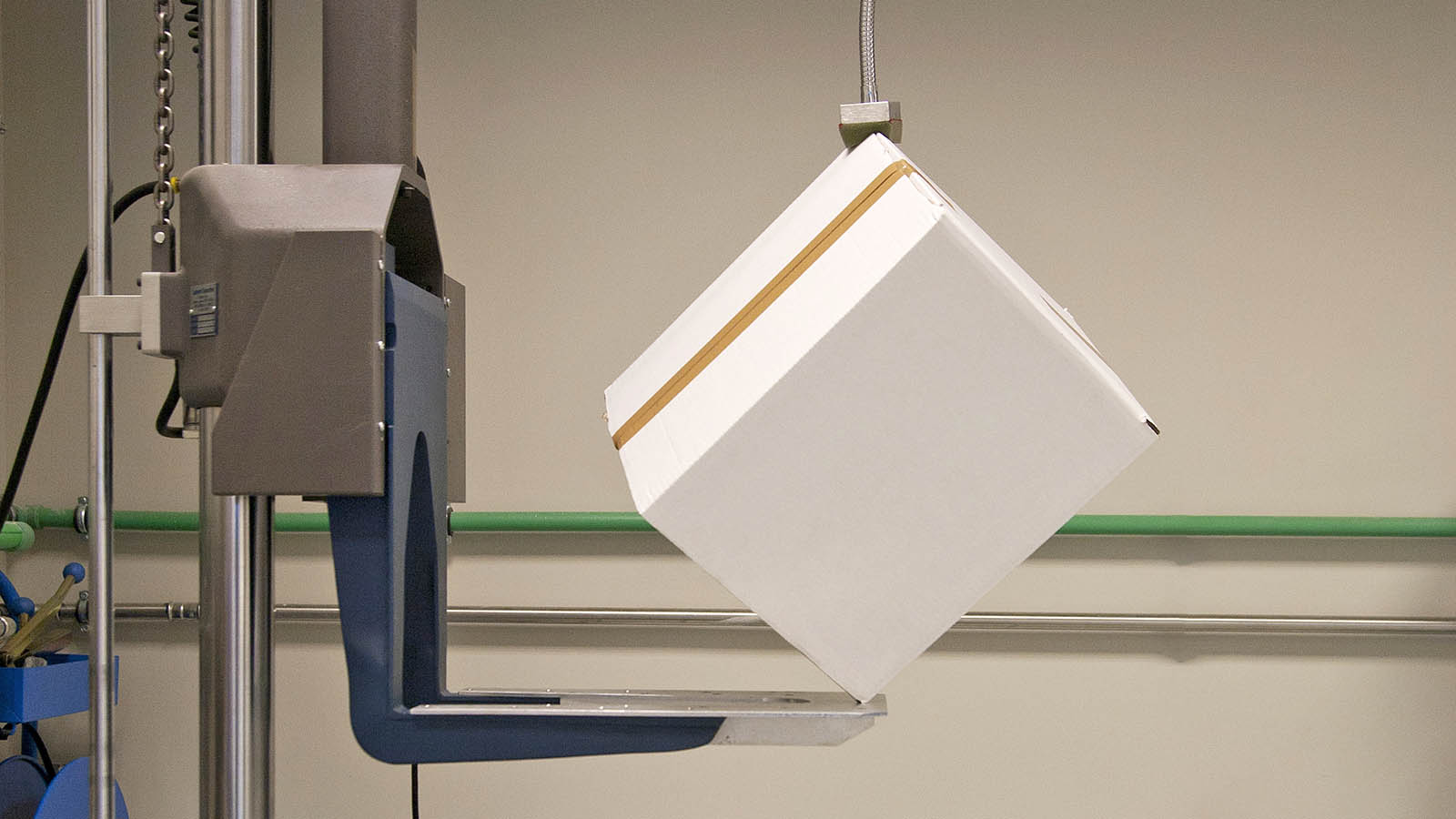LOGIFRUIT: Demonstration of the food contact suitability of recycled and re-injected materials in new packaging
ITENE has demonstrated the suitability for food contact of the recycled materials of the discarded parts or boxes of Logifruit. These materials are used to be re-injected for their use in new packaging.
Logifruit has evaluated with ITENE the post-consumer recycling process of PP/PE (polypropylene and polyethene) packaging boxes, as they are materials intended to come into contact with food exclusively.
In this way, although the system is a closed circuit, the safety of the products transported from the product manufacturers to the supermarkets can be reliably guaranteed.
Context
In Spain, the introduction of recycled plastic in packaging is regulated and promoted by the Law on Waste and Contaminated Land for a Circular Economy, which specifies deadlines for increasing the recycled plastic content in food packaging.
Similarly, the Royal Decree on Packaging and Packaging Waste also states that 65% of packaging should be recycled by 2025 and 70% by 2030. In addition, it indicates a number of percentages for introducing recycled plastic in packaging to be met between 2025 and 2030.
However, recycled materials in contact with food must also be safe for consumers, as unwanted migration into packaged food is possible.
About LOGIFRUIT
Logifruit is a model circular economy company which, since 1996, has focused its activity on the rental, sanitisation and management of reusable packaging for the transport of products in the supply network.
With its 6R system: Rationalise, Reduce, Redesign, Reuse, Repair, Recycle, they are able to extend the life cycle of their more than 18 million containers, generating 0 Waste.
Its model is based on rationalising resources, which is why the packaging is also as efficient as possible regarding weight, ergonomics and capacity, among other characteristics. In its platforms, the boxes go through a washing, sanitising and repair process that ensures their reuse, transporting all kinds of products, including fruit and vegetables, fish and meat, both packaged and unpackaged.
In keeping with its circular model, discarded parts or boxes that have reached the end of their useful life are recycled, and this plastic is re-injected into the manufacture of new boxes. Although in the case of Logifruit, it is not necessary, with this project ITENE it has wanted to guarantee the suitability for food contact of the packaging in which the recycled material is reinjected.
Goal and expected results
The objective for ITENE was the preparation of a technical dossier on Logifruit’s recycling process in order to request the evaluation of its recycled materials by the EFSA (European Food Safety Authority) and to obtain a positive assessment of their safety and suitability for food contact.
The team of the Food Safety and Consultancy area, multidisciplinary and expert in legislation and diagnostics, provided technical assistance and support throughout the process of preparation, submission and evaluation of the technical dossier before this international risk assessment body.
In addition, the ITENE laboratories analysed the post-consumer PP/PE injected in new boxes and the Audit area of the research centre carried out a review of the Quality Assurance System.
The working methodology was:
- To carry out an analysis of the process Logifruit crates go through and the recycling process for packaging that has reached the end of its useful life.
- The milling and injection process, carried out by other suppliers external to Logifruit, was analysed.
- In ITENE’s laboratories, the corresponding migration tests applicable to plastic materials for food contact were carried out, as well as a NIAS identification study comparing packaging made from virgin and recycled plastic. NIAS are substances that have not been added intentionally and whose presence may be due to contamination, impurities or degradation products of the raw materials that make up the material. These substances present in the materials can migrate into the food and depending on their level or toxicity could present health problems, hence the importance of carrying out this type of study.
- Subsequently, the NIAS identified in both types of samples were compared and categorised using risk analysis to assess the safety of the recycled material.
- Finally, a review of the Quality Assurance System was also carried out in order to adapt it to the requirements of the application of the ITENE audit team. In this way, it was possible to know that, both internally and with external suppliers, the necessary requirements to ensure quality and food safety were perfectly fulfilled.
